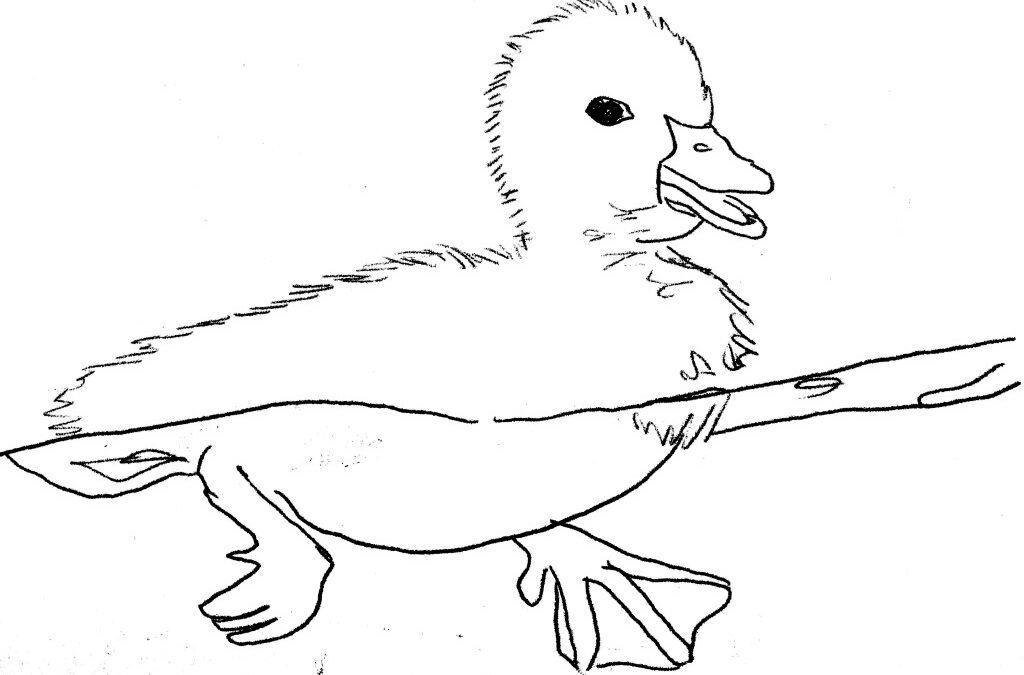
by Dr. Talia Marcheggiani, ND | Jun 8, 2015 | Canadian College of Naturopathic Medicine, Clinical Science, Evidence Based Medicine, Preventive Medicine, Professional Development, Research, Robert Schad Naturopathic Clinic, Science
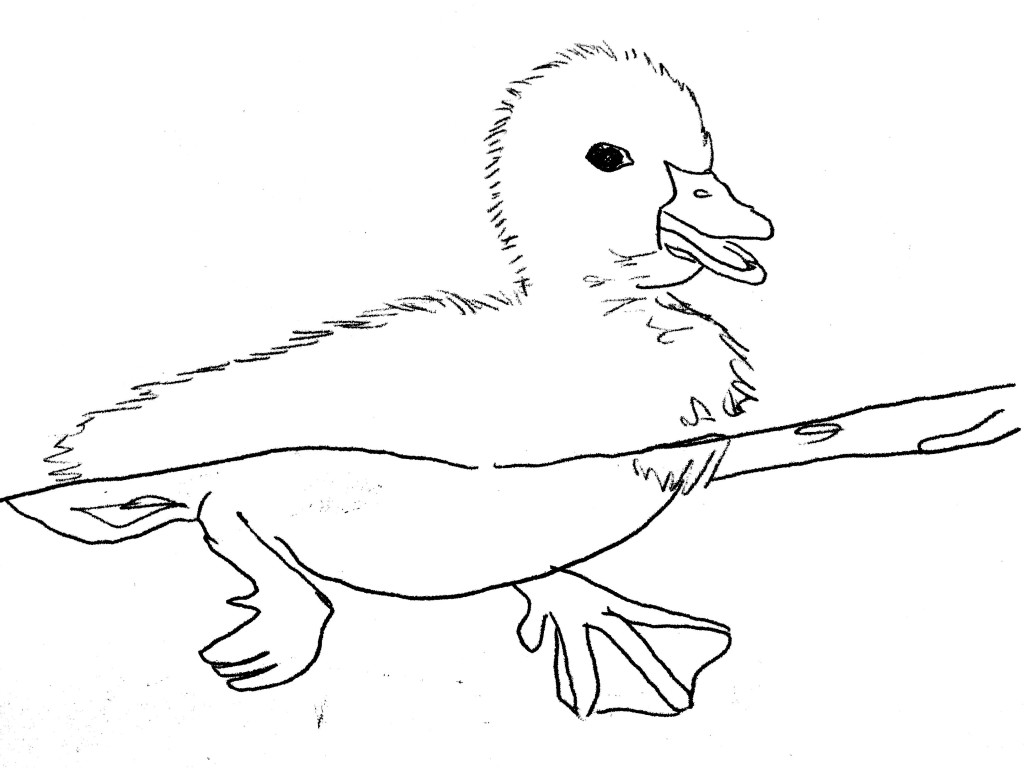 Sigh… I just finished reading a rather annoying article in the Globe and Mail (don’t even bother to click and add more Google street-cred, seriously) that doesn’t really warrant a response but… here we go. It’s my day off.
Sigh… I just finished reading a rather annoying article in the Globe and Mail (don’t even bother to click and add more Google street-cred, seriously) that doesn’t really warrant a response but… here we go. It’s my day off.
The article was written by one Carly Weeks, who doesn’t seem to have a very positive view of naturopathic doctors. I don’t know Carly and have no idea about her health history, but I’m going to take a shot in the dark and imagine she hasn’t suffered from chronic eczema.
Let me know how that steroid cream works out for ya, Carly!
But, ad hominem aside, her issue with naturopathic doctors this week(s)—pun intended, aren’t I hilarious—is, what else: we’re a bunch of quacks who use nothing but false therapies and smooth-talking to coax our patients into thinking they feel better. Well, if that worked, I wonder why more healthcare practitioners don’t try copying those moves too. It might save the government some money, which is what, coincidently, naturopathic medicine is already doing and it’s not by false therapies and smooth-talking. (But we do make time for a lot of talking).
The Globe piece begins with a story about how physicians (not naturopaths, for the record) prescribed radioactive water in the 1920’s. It’s a cute and tragic story about limited safety profiles. And other than its juxtaposition in an article about NDs, I’m not sure what the writer’s point was. We don’t use radioactive water to treat anyone. If you want radiation, which is a therapy, a cancer treatment, then you must see an oncologist. Talk about throwing out babies and bathwater.
The article is largely about how naturopathic doctors are moving under a new regulatory board, under the Regulated Health Practitioners Act. This limits our scope compared to that of provinces like BC or certain US states, where naturopathic doctors have been prescribing drugs and even performing minor surgeries safely where it’s warranted.
Here are some facts:
Naturopathic medicine is incredibly safe. We are trained in conventional diagnosis, anatomy, physiology, physical exams, including gynaecological exams, breast exams and digital rectal exams. We have the ability to perform acupuncture in Ontario and give intramuscular injections. With additional training we can provide IV treatments. We are trained to order and interpret labs and to take blood. I will not deny that conventional medicine and pharmaceuticals have saved millions of lives. However, we know that 10,000 yearly deaths in Canada (and 100,000 in the US) are due to pharmaceuticals alone. A year ago I wrote a post talking about the off-label birth control pill Diane-35. Let’s not start comparing safety profiles here.
Naturopathic doctors are highly trained and educated: We have completed a 4-year very rigorous program that includes a 12-month internship where we treat patients in an out-patient facility. In our training we performed over 100 practical and written examinations. After our second and fourth year we complete two licensing exams, which span a course of 5 full days of examinations combined. Ask anyone I know if what I did was easy. Trick question: they wouldn’t know because they didn’t hear from me for the past 5 years–I was studying the WHOLE time. It’s ok, though, because now I know a lot.
Naturopathic medicine is a regulated profession: In order to practice in Ontario naturopathic medical graduates who have passed both licensing exams, must pass a series of board examinations that are both written and practical. We then must enter into a month-long application process, which includes a police background check and character reference check. If I try to delay treatment of an emergent condition or treat an emergent condition with something like homeopathy or acupuncture (effective treatments for other conditions, but not emergent, life-threatening ones), which is something we are often accused of potentially doing, my licence will be removed. It’s not something we do—it’s that simple. We are held accountable and have a lot of responsibility to deliver safe care.
Naturopathic doctors are health experts: In order to complete the naturopathic medical program we complete 1200 hours of clinical training and 3000 hours of classroom training. This does not include study time for our board exams and pursuit of side interests or continuing education credits that are required to maintain licensure. We are trained in nutrition, which many medical professional, including medical doctors, are not. Naturopathic doctors often see patients that have been failed by the conventional medical system, which means we deal with complex cases on a regular basis. This demands that we keep our skills sharp and our knowledge current.
Naturopathic medicine provides the public with an amazing service that patients are willing to pay for: We spent up to two hours at time with our patients, educating them on any topic of their health picture: the medications they’re on that their doctors don’t have time to discuss with them, their health conditions, their prognosis and what else they can do about it. I spent half an hour talking about an STI a patient of mine had been diagnosed with. She’d seen two doctors and a specialist. None of them had talked to her about it. Patients have told me their doctors no longer perform physicals. Well, we do. And, it turns out, people pay for excellent care. Naturopathic medicine provides the much-needed service of patient education, human-centred care and prevention of disease. It’s an excellent complement to an effective whole-person healthcare strategy.
Naturopathic medicine works: I could say more on this but let’s keep it brief: if it didn’t work, people wouldn’t pay for it. The Globe and Mail, more than anyone should know to “let The Market speak.” (Amiright?) I lied, I will say more. If you don’t think naturopathic medicine works, then call my patients who no longer have chronic pain or allergies or chronic constipation. Ask my patient who couldn’t conceive how her daughter is doing. Blah blah, we help people.
Naturopathic doctors prefer to work in collaboration with other healthcare professionals: Ideally each patient should be managed by a healthcare team. When I start seeing a new patient I immediately establish a relationship with his or her medical doctor. I refer out for labs and to specialists if necessary. Medicine should be integrative, not alternative. Patients shouldn’t be forced to choose.
In addition to accusing us of being a bunch of unsafe quacks, the author writes, “Ontario should have created a regulatory system based on the principle of evidence first.” So, there you have it. Only medicine that is based in evidence should be regulated by the province.
Wow, what a ridiculous statement made by someone who I imagine knows little to nothing about how medicine and so-called “evidence” works.
Firstly, there is more than one type of evidence. In fact, evidence is a hierarchy. At the bottom we have things like clinical case reports or expert opinion, what my friends the skeptics love to call “anecdotal evidence.” Sigh. If you’ve seen something work, you keep doing it. It’s not the best evidence we have, but it’s still evidence. The better forms of evidence, randomized control trials, are being done on naturopathic therapies and naturopathic therapies have been found to hold steady. Actually, many of the therapies we prescribe are done precisely because there is evidence to support it: fish oil for depression and bipolar disorder? Inositol for fertility in patients with PCOS? Evidence, evidence, evidence.
Secondly, only 10% of medical guidelines are based on the type of “evidence” that our friend Carly Weeks is likely referring to: the Randomized Control Trial, which involves comparing two groups: a treatment group to an inactive group that gets something like a placebo. Well, it turns out, we just don’t have that much “evidence” of this sort to dictate what happens in medicine. A tourniquet for a bleeding wound? Using general anesthetic rather than nothing? These things haven’t been compared against placebo. What is the other 90% of medicine based on? Expert opinion: a nice mixture of clinical expertise, intuition, common-sense, “what the heck, might as well try it it couldn’t hurts” and research. I don’t see Carly questioning the use of SSRI for mild and moderate depression or beta-blockers to prevent cardiac events as a result of high blood pressure, both of which have “no evidence” to support their use. Nope, just crickets when it comes to those topics.
Thirdly, the father of EBM, or Evidence Based Medicine, himself, Dave Sackett, said, “Good doctors use both individual clinical expertise and the best available external evidence, and neither alone is enough. Without clinical expertise, practice risks becoming tyrannized by evidence, for even excellent external evidence may be inapplicable to or inappropriate for an individual patient.” (Emphasis mine). Individual clinical expertise from both modern and traditional medicine, the best available external evidence and tailoring treatments to individuals patients needs and preferences? Sound like naturopathic medicine to me.
Naturopathic medicine is safe and effective. We have a patient-centred approach and offer wonderful service for the cost, which is often covered by insurance benefits. Naturopathic doctors take the time to listen to your story and educate you on what is happening in your own body. We treat the root cause of your condition, rather than masking symptoms. We are highly-trained healthcare professionals and we are regulated. Soon we will be moving to different regulation. However, the government will be removing some of the rights we’ve had, which include ordering certain lab tests that we’ve safely ordered for years. If you use or support naturopathic medicine, please click the link to sign the petition to maintain the current naturopathic scope of practice in Ontario and support safe and effective natural healthcare for all Ontarians.
Quack.

by Dr. Talia Marcheggiani, ND | Jan 4, 2015 | Balance, Canadian College of Naturopathic Medicine, Diet, Evidence Based Medicine, Health, Medicine, Nutrition, Preventive Medicine, Robert Schad Naturopathic Clinic, Science
 My family waste no time making illusions about their lack of acceptance of my form of medicine. If left unchecked, dinner table conversation can quickly lead to arguments about the efficacy of the flu shot, why Cold FX is unnecessary and whether “eating in moderation” includes microwave pizza. Lately I’ve decided it’s not worth the bother to champion my cause; I now simply remain silent, keeping my eyes on my gluten-free toast. Having a family that is not well-versed in natural medicine, however, is educational. It removes me from the naturopathic medicine bubble of my colleagues and ex-classmates and brings me back to reality. The truth is that many people don’t know or can’t appreciate what we naturopathic doctors do. There are several myths I’ve been confronted with, ranging from critically negative to unknowingly innocent, that need to be destroyed.
My family waste no time making illusions about their lack of acceptance of my form of medicine. If left unchecked, dinner table conversation can quickly lead to arguments about the efficacy of the flu shot, why Cold FX is unnecessary and whether “eating in moderation” includes microwave pizza. Lately I’ve decided it’s not worth the bother to champion my cause; I now simply remain silent, keeping my eyes on my gluten-free toast. Having a family that is not well-versed in natural medicine, however, is educational. It removes me from the naturopathic medicine bubble of my colleagues and ex-classmates and brings me back to reality. The truth is that many people don’t know or can’t appreciate what we naturopathic doctors do. There are several myths I’ve been confronted with, ranging from critically negative to unknowingly innocent, that need to be destroyed.
1. Naturopathic Medicine is not scientific.
The main criticism against naturopathic medicine is that it is unfounded and unscientific. “If alternative medicine worked, it would just be called medicine,” once said Tim Minchin, a comedian that skeptics love to quote. While there are several political reasons for the fact that there are not as many studies on natural therapies as there are on conventional medical therapies, the body of evidence that supports natural therapies is growing. Naturopathic doctors use conventional medicine to diagnose, request laboratory tests and perform physical exams on our patients. We follow many conventional medical guidelines, all of which are evidence-based. In naturopathic medical school, we were taught to consult a wide range of scientific journals for developing our treatment plans. Throughout our education we were required to write research reviews and case studies. The Canadian College of Naturopathic Medicine and its affiliate centres such as the Ottawa Integrated Cancer Centre conduct many research studies and offer research residency programs for graduates of the naturopathic medicine program.
Further, the notion that nutrition is unscientific is ridiculous. We know that what we put in our bodies can either improve or diminish our state of health. Herbal remedies and therapies, such as acupuncture, have been used for millennia. Most drugs are derived from the medicinal properties of herbs.
Additionally, there is an increasing number of medical doctors employing natural therapies in their practices; the reasons being that they are safe, gentle and they work.
2. Naturopathic doctors are anti-pharmaceutical, anti-surgery and anti-vaccine.
The practice of naturopathic medicine involves adhering to the Therapeutic Order. This order is a loose guideline for developing a treatment plan that begins with establishing the conditions for health: a healthy diet, lifestyle and environment, and ends with more invasive therapies not performed by naturopathic doctors, such as powerful medications and surgery. For example, if you break your arm, a medical doctor will set the bones back into place, manage your pain and immobilize the bones by using a cast and sling. However, drugs and surgery do not fuse your bone back together. This magical feat is performed by your body, or what we naturopathic doctors term the healing power of nature. Surgery would not work without it. Our job as naturopathic doctors is to help your body do its job of healing, enabling your bones to heal faster.
Like natural therapies, some conventional therapies are better than others. Some heavy medications are necessary for temporarily managing pain or stabilizing life-threatening acute conditions, such as anaphylactic shock. However, preventing these health crises or working alongside conventional medicine to help the body better recover is the job of the naturopathic doctor.
Naturopathic doctors are not anti-vaccine. Some vaccines are more effective than others and, like many therapies, some vaccines carry with them risks, however small. Naturopathic doctors have medical knowledge and time to spend with patients. We believe in taking the time to share our knowledge and research with patients to help them make informed choices about their health and what goes into their bodies, vaccines included.
3. Patients need to choose between naturopathic and conventional medicine.
There are numerous studies that show that, when practiced together, naturopathic medicine and conventional medicine achieve better outcomes than conventional medicine alone. Naturopathic cancer care, for example, is not about curing cancer with green smoothies; it aims to keep patients feeling healthy and strong while undergoing chemotherapy and radiation so that they can complete their treatment. Many patients with cancer experience negative outcomes because the treatment cannot be completed due to diminishing health or debilitating side effects. For any condition, naturopathic doctors work alongside medical doctors to benefit our patients. The job of the naturopathic doctor is to help strengthen our patients’ health and support their bodies through disease, not compete with medical doctors. Many people term naturopathic medicine Integrative Medicine because it aims to integrate the existing body of medical knowledge, both conventional and natural, to better help patients.
4. You can go to a supplement store; you don’t need a naturopathic doctor.
Natural health products are a complicated issue because, like Advil, they can be acquired without a doctor’s prescription. However, this means that patients become consumers, subject to marketing schemes and misinformation. A naturopathic doctor is a doctor. We take your health history (spending up to 90 minutes doing so) and then spend time developing a comprehensive treatment plan that fits you as an individual. This is far more powerful and effective than simply buying health products on a whim or shooting in the dark. We recommend products at the correct dose and for the appropriate duration. We can also tell you which products have the most evidence behind them. We have studied medicine for 8 years and develop treatment plans, as doctors, to treat your condition. This is vastly different from self-prescribing fish oil because you heard it’s good for you.
5. You should only visit a naturopathic doctor if you’re willing to make drastic lifestyle changes.
There was a time when naturopathic doctors put all of their patients on an extreme diet, such as the Anti-Candida Diet or some facsimile. While many people felt better on this diet – it eliminated many noxious foods such as fast food, processed foods and sugar – it served to intimidate many who didn’t feel ready for such a drastic change. Fortunately for patients, those days are over. While the practice style of the naturopathic doctor can vary, my personal style is to start slowly and not overwhelm. The treatment plan your naturopathic doctor prescribes you will depend on your readiness for change; you will not be pushed into doing anything you are unready for. Naturopathic doctors are also trained in counselling and are able to assess your readiness for change and help motivate you to make health changes at a pace that you feel comfortable with. We are also trained to support you through the process of making changes, ensuring your success and health outcomes.
6. Naturopathic medicine is for the rich.
It is an unfortunate truth that naturopathic visits are not financially accessible for all Canadians. I charge between $95 to $150 for a visit and, even if the visit lasts 90 minutes, this is certainly not cheap. However, the cost of medicine is not cheap, even if it is covered by the government. There is evidence to show that naturopathic medicine saves the individual and the tax payer money; it is far cheaper to prevent disease than treat it. The average patient at my clinic spends $500 a year on naturopathic visits, most or all of which is covered by extended health benefits. In 2014 the Ontario government removed the need to charge HST for naturopathic visits, slightly reducing the cost of naturopathic medicine. Lastly, while supplements and therapies need to be paid for out of pocket, naturopathic doctors tailor their supplement recommendations to your treatment plan and are trained to take your financial situation into consideration when designing a treatment plan.
When we consider all of the things we channel our money towards, I believe that we as a country could afford to dedicate a little more of our salaries to our health. The average Canadian woman spends $1200 a year on cosmetics and personal care products. However, real beauty comes from being healthy—cultivating a healthy glow from the inside out. Health is your greatest asset; perhaps we should invest in it if we have the means. For those who simply cannot afford naturopathic medicine there are free satellite clinics staffed by interns and cost-effective options such as community acupuncture that provide natural medicine at a more affordable price.
7. Naturopathic medicine is for granola-munching hippies.
Even though my website and business cards are covered in flowers (flowers are beautiful!), naturopathic medicine aims to include everyone, no matter what their value system is. Naturopathic medicine is for people who value their health. It is for those who believe that healing is more than suppressing symptoms and remaining medicated for the rest of their lives. Naturopathic medicine offers an option to anyone who wonders how their lifestyle and diet may be affecting their health. We believe in empowering people to lead healthier lives and to take a more active role in how they feel mentally and physically. We use science, clinical experience and traditional therapies to help people feel better. You don’t need to be a vegan to appreciate what good health is worth.
What other natural health myths have you heard that require destroying?

by Dr. Talia Marcheggiani, ND | Aug 4, 2014 | Canadian College of Naturopathic Medicine, Exams, Health, NPLEX, Robert Schad Naturopathic Clinic, Student, Summer

We are recycled star dust
That reshapes our entire body every 7 years.
Which means I’m just about finished with my 4th body.
And when I stare at the night sky, I might be looking at body number 5
Or reminiscing with the previous 3.
(more…)

by Dr. Talia Marcheggiani, ND | Jul 24, 2014 | Canadian College of Naturopathic Medicine, Exams, NPLEX, Robert Schad Naturopathic Clinic, Writing

Nalexone or naproxen: one’s an NSAID. After a month, they’re not straight in my head.
Porphyria is different from diphtheria. Now who can remember which diagnostic criteria includes
Left shifts? Or is it left shunts? And what’s that condition where the intestinal villi blunt?
Emergent conditions and therapeutic nutrition leave little room for healer intuition. I wish I was dating an
X-ray technician. With less than
2 weeks to go, we’re left counting the hours. It’s been a while since I’ve had a shower. I wonder if there is a botanical flower that will give me superhuman studying power?
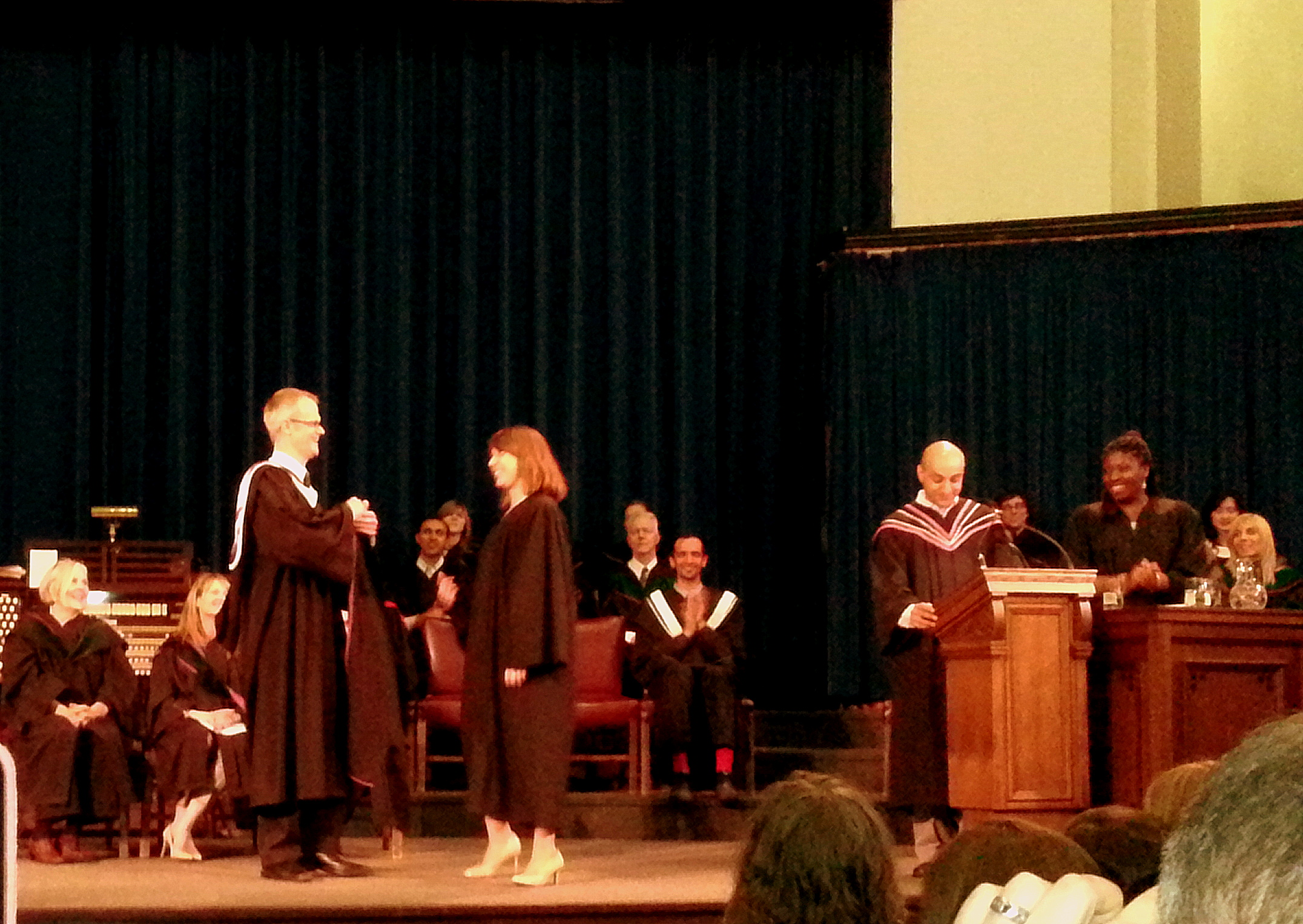
by Dr. Talia Marcheggiani, ND | May 22, 2014 | Canadian College of Naturopathic Medicine, Finding yourself, Philosophy, Robert Schad Naturopathic Clinic, Student, Writing

Graduation 2014.
If any of you have been my patients you know that I love assigning letter-writing homework. There is something powerful in expressing yourself to some person or entity with the written word and then being able to look back and reflect on your thoughts and feelings at a later date.
In the first few weeks of my clinic internship at the Robert Schad Naturopathic Clinic, one of my supervisors, Dr. Wong, had us newbie interns write a letter to our future selves – our ND graduate selves. Sometimes it’s important to take a glance back to the start of our journey in order to fully appreciate how far we’ve come.
(more…)
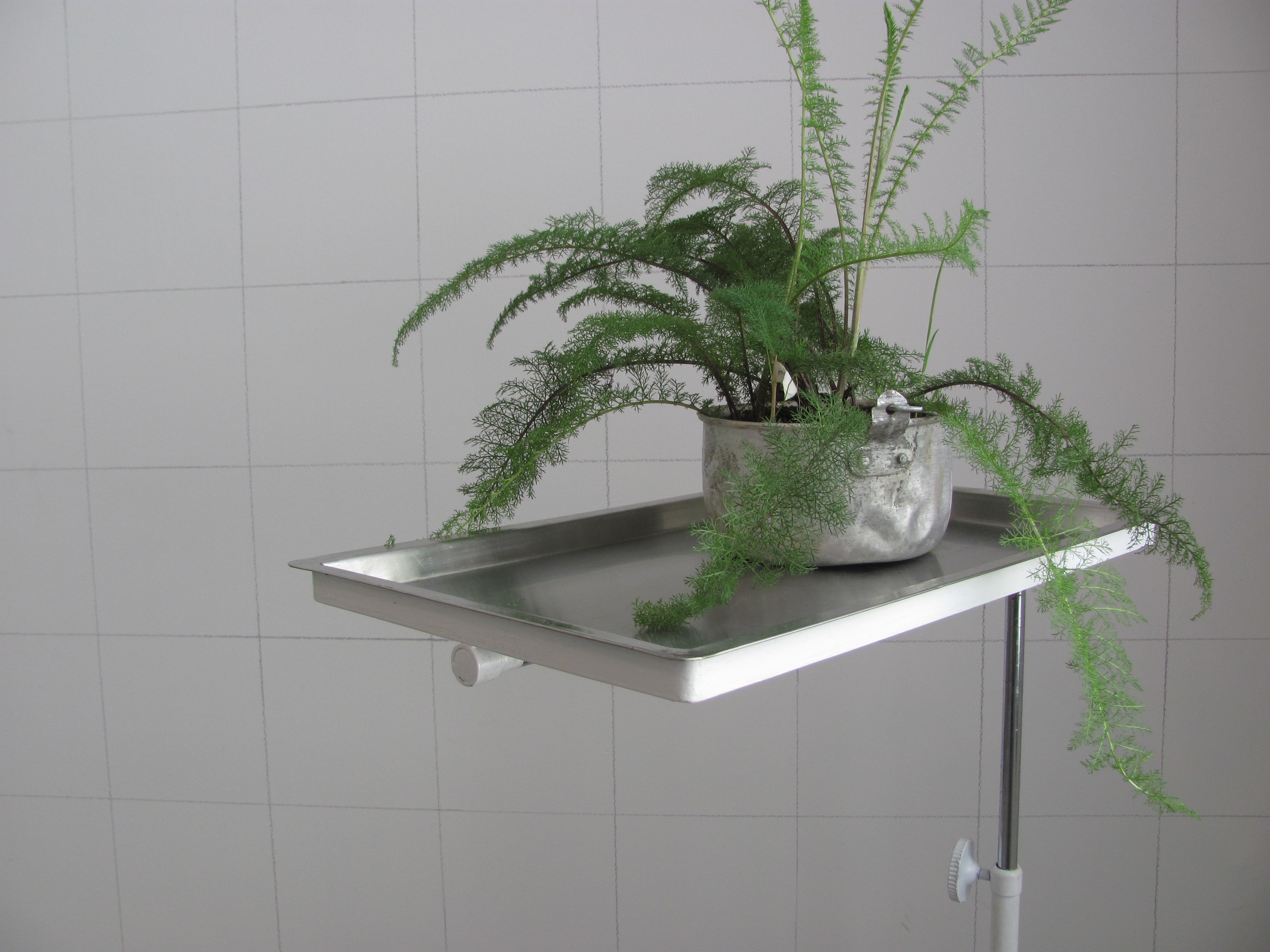
by Dr. Talia Marcheggiani, ND | May 15, 2014 | Canadian College of Naturopathic Medicine, Gluten Free, Health, Robert Schad Naturopathic Clinic

The class of 2014 has graduated! I’ve received an email showing that I’ve officially completed my clinic numbers for the term. What has followed in the past few weeks has been a whirlwind of emotions: euphoria, exhaustion, excitement, sadness, grief, accomplishment, pride and anticipation for the future.
For the time being, I’ve returned to my part-time job as an English language teacher in down-town Toronto, entering the grey zone of being a post-graduate, pre-licensed ND on the one hand, and an ESL teacher on the other. Being a part of the real-world and outside of the naturopathic medical student bubble has proven to be interesting. It provides real insight into how other people see naturopathic doctors, or what things they associate with that term.
(more…)
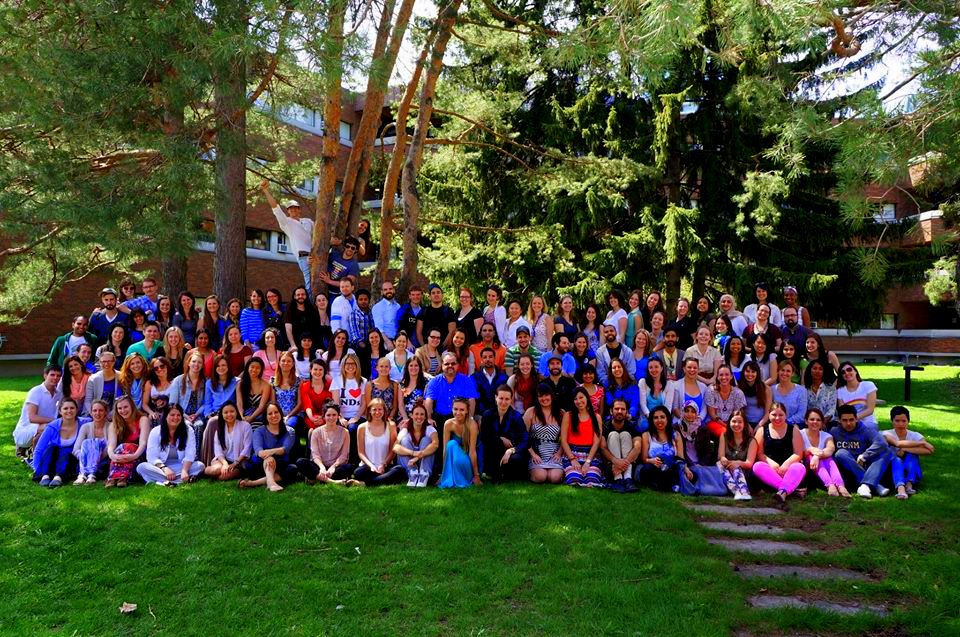
by Dr. Talia Marcheggiani, ND | Apr 18, 2014 | Canadian College of Naturopathic Medicine, Naturopathic Philosophy, Naturopathic Principles, Robert Schad Naturopathic Clinic, Student

When I was in my 2nd year at the Canadian College of Naturopathic Medicine, one of our professors, Dr. Leslie Solomonian, had our class answer 9 reflection questions. Once we had finished she collected them and told us we’d get them back once we were ready to graduate. Last week, during a celebratory lunch for our graduating class, she handed us back our reflections, giving us a chance to look back on the 4 years we’ve spent as naturopathic medical students – especially our 12 months working directly with patients in clinic, putting our naturopathic principles and modalities into practice – in order to realize how far we’ve come. Here are my answers:
(more…)

by Dr. Talia Marcheggiani, ND | Feb 12, 2014 | Emotions, Empathy, Health, Philosophy, Psychology, Robert Schad Naturopathic Clinic

If you’ve ever participated in the medical system somewhere in the world, chances are there is a medical chart out there with your name on it. I have one in my hands now and I task myself with the job of getting to know it. It is based on a true story: a patient who has entrusted me with his case. I read through the 200-page document, transfixed as stories in the untidy scrawl of half a dozen interns – some of them now well-immersed in practices of their own – unfold on the white pages. These pieces of paper, bound together by a fragile cardboard shell, capture snapshots in time of the encounter between these young practitioners and the patient. I read between the lines. Coffee stains represent early mornings that followed late nights, plainly stated observations reflect the colour of different lenses with which these young naturopaths-in-training saw the world at that time. Their pens tell 6 versions of the same story. Their treatment plans tell the story of emerging practice styles and personal healing philosophies.
(more…)
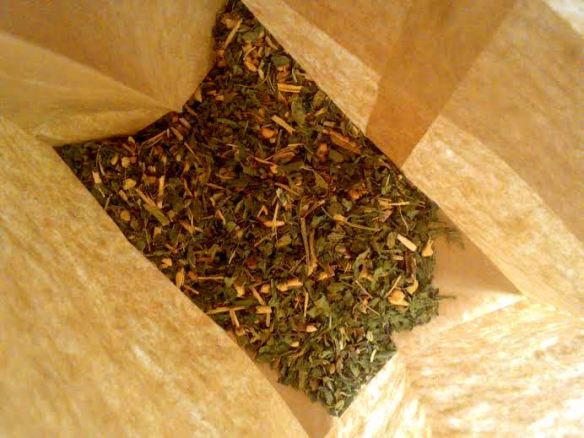
by Dr. Talia Marcheggiani, ND | Dec 18, 2013 | Evidence Based Medicine, Health, Naturopathic Philosophy, Naturopathic Principles, Politics, Robert Schad Naturopathic Clinic

Nettle tea: a botanical with the potential to treat acne… and not cause sudden death. Sounds like a sweet deal to me.
How does naturopathic medicine treat acne? Well, it’s quite simple, really. We turn our focus to the root cause of disease. Is there a hormonal component? Is lack of hygiene an issue? Are food sensitivities at play? Is an increased toxic load on the body resulting in an elevated burden on the skin to detoxify? Is there a mental-emotional cause or result of this acne?
(more…)
by Dr. Talia Marcheggiani, ND | Dec 13, 2013 | Health, Lifestyle, Naturopathic Philosophy, Naturopathic Principles, Robert Schad Naturopathic Clinic
When I hear the phrase, “So, Dr. Oz says…” in clinic, I feel like casting my eyes to the heavens and throwing up my arms. Hearing the successful cardiologist’s name means I either need to explain why this particular person doesn’t need to be on that particular supplement, why this caution is not applicable in this person’s case or why a certain treatment that this famous doctor recommends is probably not the best thing for this particular person at this particular time.
It’s great the there is someone in the media who is wildly popular singing natural medicine’s praises. It’s wonderful that people like him, watch his show and get excited about empowering themselves when it comes to their health. However, I have beef with hearing his name mentioned repeatedly in patient visits. The main reason: Dr. Oz is not a naturopathic doctor.
(more…)

 Sigh… I just finished reading a rather annoying article in the Globe and Mail (don’t even bother to click and add more Google street-cred, seriously) that doesn’t really warrant a response but… here we go. It’s my day off.
Sigh… I just finished reading a rather annoying article in the Globe and Mail (don’t even bother to click and add more Google street-cred, seriously) that doesn’t really warrant a response but… here we go. It’s my day off.














